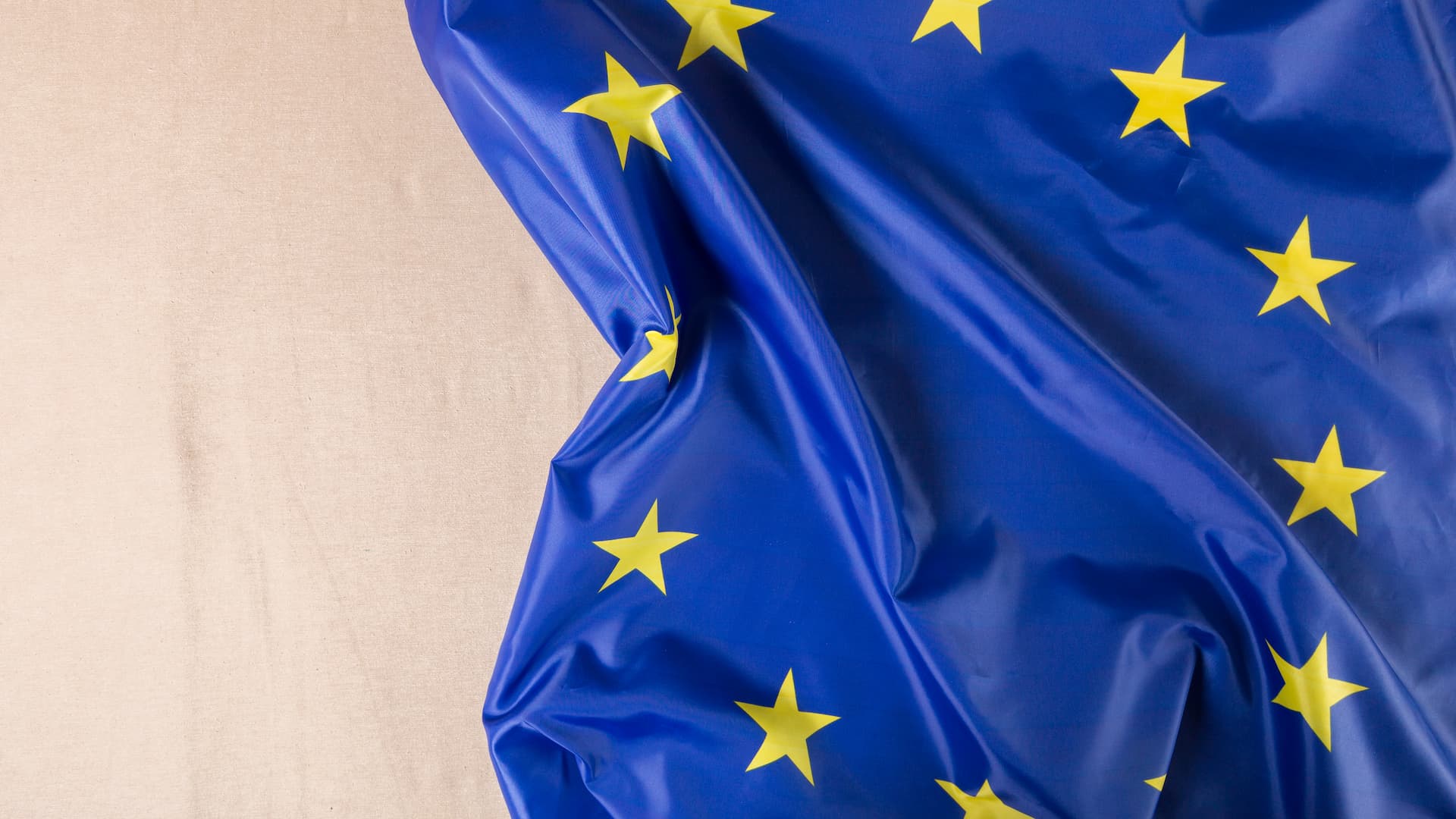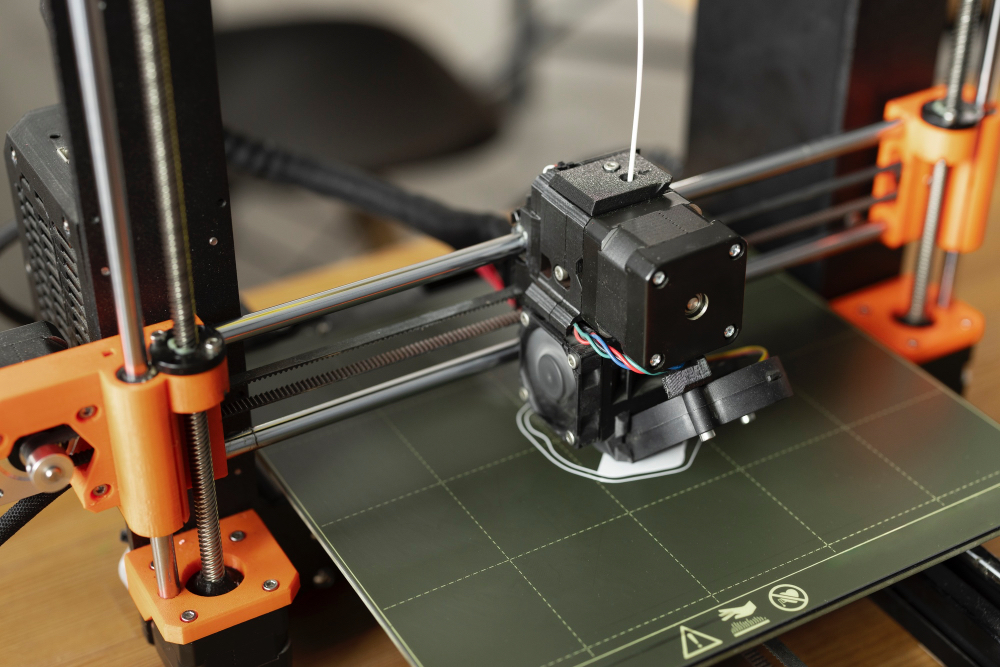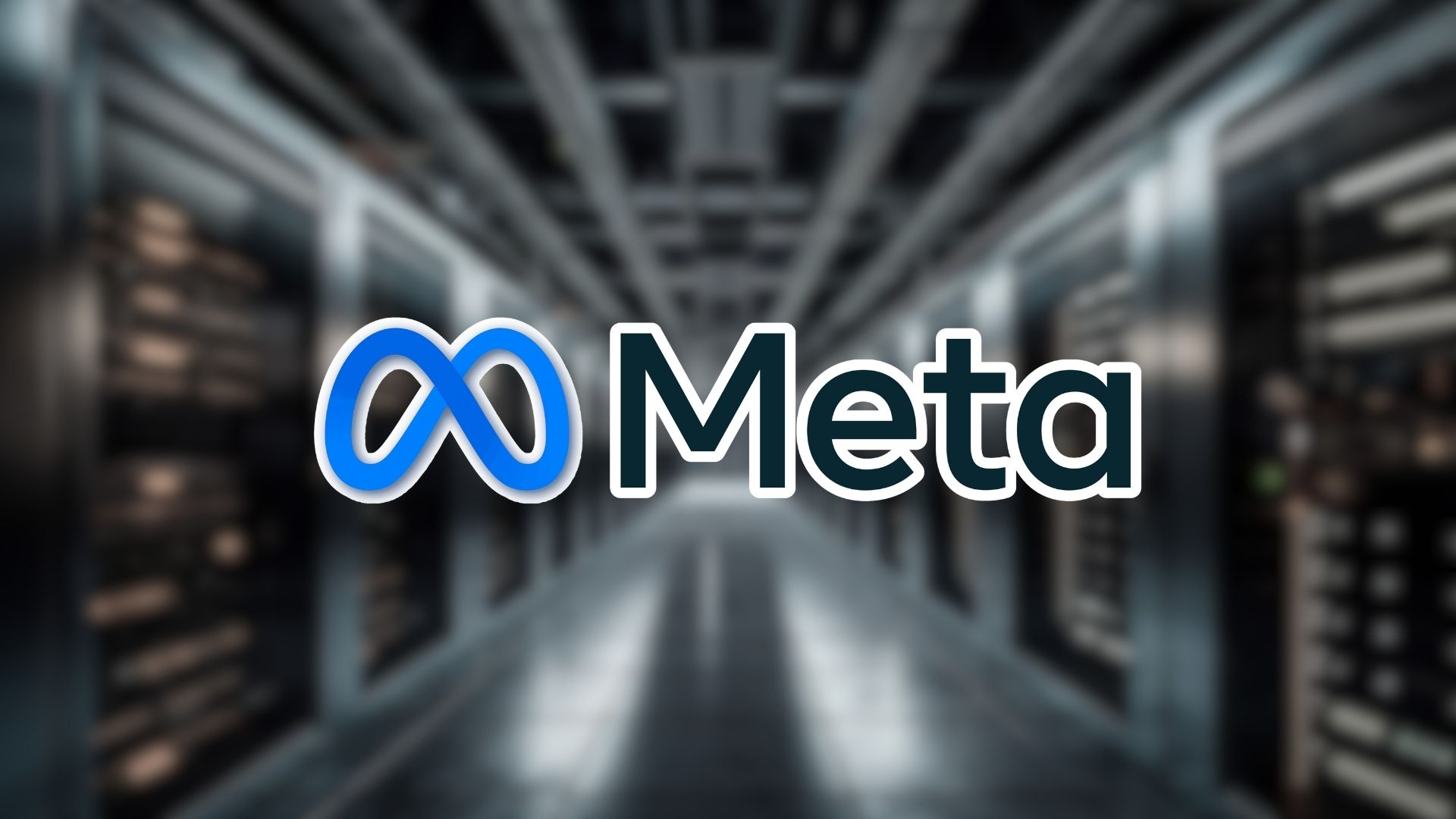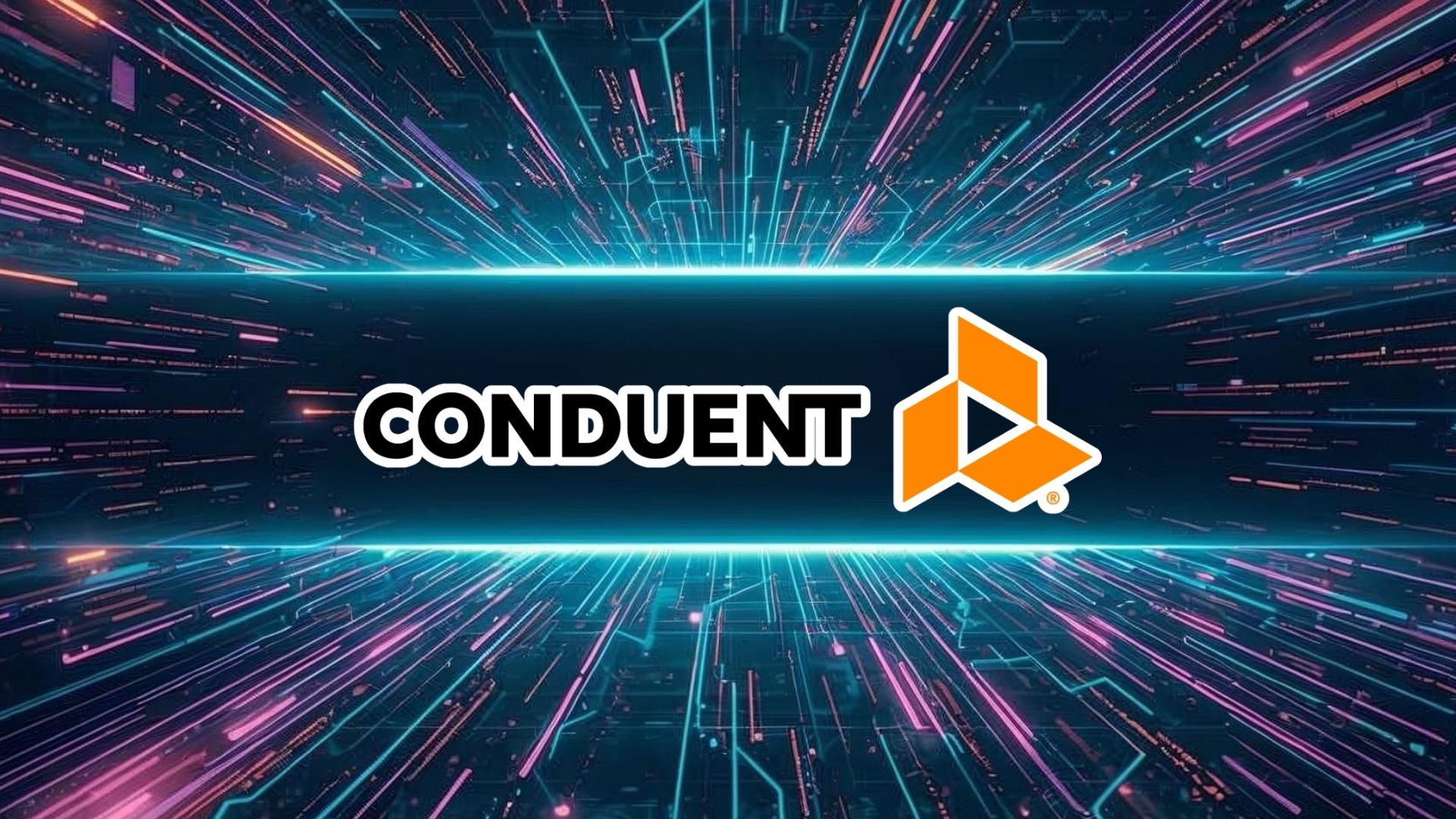The Italian data protection authority has ordered Amazon Italia Logistics to halt processing of sensitive employee data after investigators found that the company gathered details ranging from health conditions to union involvement.
Information about workers’ private lives and family members had also been collected, often retained for a decade through internal tracking systems rather than being limited to what labour rules in Italy allow.
Regulators discovered that some data originated from cameras positioned near restrooms and staff break areas, a practice that breached EU privacy standards.
The watchdog concluded that the company’s monitoring went far beyond what employers are permitted to compile when assessing staff performance or workplace needs.
Amazon responded by stressing that protecting employee information remains a priority and said that internal rules and training programmes are designed to ensure compliance. The company added that any findings from the Italian authority would prompt a review of its procedures instead of being dismissed.
An order that arrives as Amazon attempts to regain its lobby badges at the European Parliament.
Access was suspended in 2024 after senior representatives declined to attend hearings on warehouse working conditions, and opposition from MEPs continues to place pressure on Parliament President Roberta Metsola to reject reinstatement.
Would you like to learn more about AI, tech and digital diplomacy? If so, ask our Diplo chatbot!










